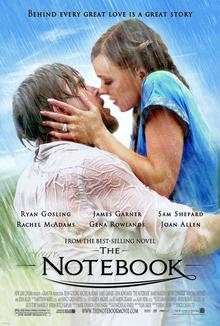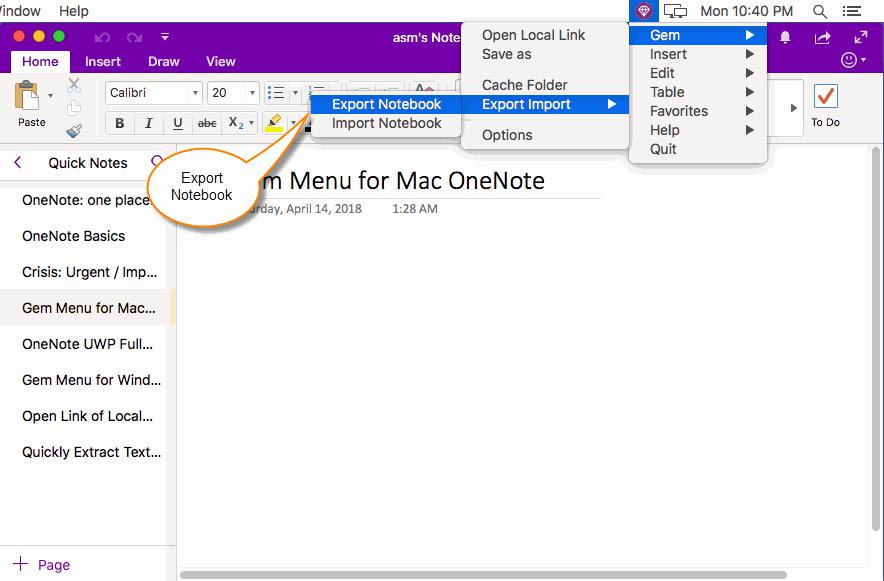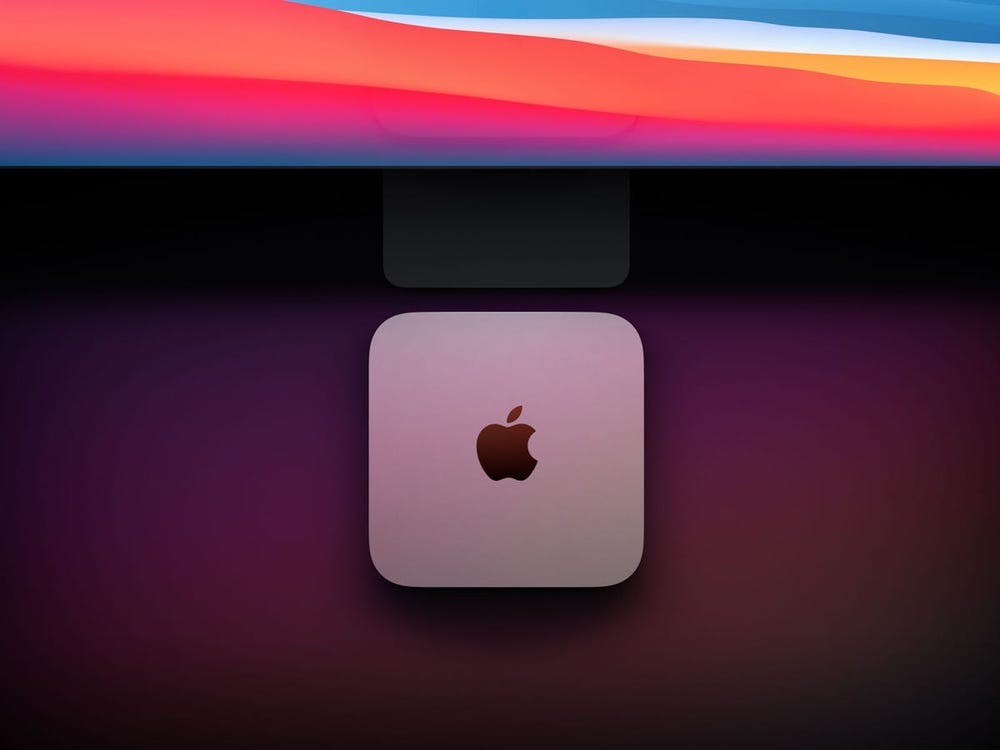Has The Notebook won?
What is a collection of microfiction...
Why does Devon call his poem in Bronx...
Does Pug end up an admiral in War and...
Is Phuong a prostitute in "The Sorrow of..."
What genre is They Both Die at the End?
What is the Time Machine by H.G. Wells...
Who wrote The Innocent Man?
The Ancient Greeks believed that, like humans,...
A 90.0 kg person stands on a scale in an...
Where was Water for Elephants published?
In A Lesson Before Dying, where does Jefferson...
How is Michael killed in Stranger in a Strange...
What types of simile does The Yellow Wallpaper...
Erin works at a software company, in charge of...
Describe the internal conflict within Rudolf...
How is tension created in An Inspector Calls...
What is the main problem in the book Dreamland...
What is Something Wicked This Way Comes...
How did William Shakespeare view women?
What possible significance, beyond its literal...
What is Modern Fantasy Literature? - Definition, Authors & Novels
Wizards, werewolves, and all manner of wondrous places wait for you in this lesson! Come discover modern fantasy literature and meet some of the authors and their works that have made the genre what it is today.
What is Historical Fiction? - Definition, Characteristics, Books & Authors
Learn about a genre that takes our actual past and mixes in fictional elements. This lesson breaks down the definition of historical fiction and describes popular examples in literature.
Narrative Nonfiction: Definition & Books
A lot of the nonfiction you've read may not have been for pleasure, so you might not think that factual works can be any fun. You can dispel that myth in this lesson, where you'll be introduced to the entertaining yet informative genre of narrative nonfiction and get to see a few popular examples.
Traditional Literature: Definition, Characters, Types & Books
Learn what makes traditional literature such an influential part of our culture. This lesson will break down its definition, purpose, and popular examples.
Genres in Children's Literature
Reading throughout childhood can be a powerful tool for healthy development. This lesson will explore the different genres in children's literature, including contemporary, historical and science fiction.
Children's Literature: Issues, Trends & Appreciation
This lesson focuses on making literature recommendations for children and adolescents. We'll discuss strategies to help young people appreciate literature and talk about how issues and trends can enhance opportunities to share and recommend literature to students.
How to Connect Ideas in an Informational Text
Informational texts are factual, nonfiction writings. In order for us to learn new information, we should be able to find and connect the ideas in an informational text, and this lesson will introduce the key features that organize these ideas.
Mystery Genre: Definition, Characteristics & Elements
In this lesson, we will define the mysterious type of detective writing and study some of the characteristics and elements that make this type unique. For example, the use of dramatic tension.
Non-Fiction as Literary Form: Definition and Examples
Although non-fiction might seem fairly straightforward, there are quite a few different genres within non-fiction that are easy to confuse. With this in mind, we'll consider the similarities and differences between biographies, autobiographies and memoirs, essays, and journalism.
Identifying Your Point of View: Lesson for Kids
What is point of view? How can you determine the point of view from which a story is told? Can your point of view be different from the narrator's point of view? Let's explore the answers to these and other questions in this lesson.

How Parents Participate in School Literacy Programs
Teaching literacy skills is one of the most important parts of early education, but to be truly successful teachers need to get parents involved. In this lesson, explore common techniques to improve parent involvement and test your understanding with a brief quiz.
What is a Tall Tale? - Definition, Characteristics & Examples
This lesson assists you in learning about all components of tall tales, their characteristics, and why they continue to be a popular genre in literature. A short quiz follows.
Explaining Information Found in Texts: Lesson for Kids
How could you teach yourself the process of digestion? One way is to read informational texts such as a science book. In this lesson, you'll learn how to understand and explain important information from non-fiction texts.
Prereading & Rereading Skills for Comprehension
This lesson will provide helpful prereading and rereading skills to aid in increasing comprehension and retention of information for fictional and nonfictional texts.
What is Expository Text? - Definition, Types & Examples
Expository text exposes you to facts: plain and simple. In this lesson, you will learn how to understand and identify expository text. You will be able to distinguish between expository and narrative text and understand why this distinction is important.
Style in Fiction: Dialect & Figures of Speech
In this lesson, we will explore style in fiction. We will define style and explore some of the elements writers use to create their own personal styles.
Counseling as a Profession: Specialties
Have you ever wondered why there are so many different types of counselors? Learn more about why specialties are necessary in the field of counseling.
Multicultural Literature: Definition, Books & Importance
Multicultural literature features characters and themes from countries around the world. Writers in this genre express their ideas and values through the characters featured in their work. By examining these works in detail, you can learn how to understand them and broaden your understanding.
Biography Lesson for Kids: Definition & Examples
Have you ever wanted to learn about the first man on the moon? How about the person who invented the telephone? Reading biographies helps to give us information about important people. This lesson takes a look at characteristics and examples of biographies.
Organizational Features of Expository Texts
Reading an expository text can seem like an intimidating ordeal. Read this lesson to find out how to use specific features of expository text to help you understand the material.
ACT English Section: Prep & Practice
ACT Reading Section: Prep & Practice
Technical Writing: Tutoring Solution
AP English Literature: Exam Prep
AP English Language: Exam Prep
Common Core ELA - Literature Grades 9-10: Standards
Common Core ELA - Writing Grades 9-10: Standards
Common Core ELA - Language Grades 9-10: Standards
ILTS English Language Arts (207): Test Practice and Study Guide
FTCE English 6-12 (013): Practice & Study Guide
SAT Subject Test Literature: Practice and Study Guide
12th Grade English: High School
American Literature: Help and Review
12th Grade English: Help and Review
12th Grade English: Tutoring Solution
AP English Language: Help and Review
AP English Language: Homework Help Resource
TOEFL iBT: Test Prep and Practice
GRE Prep: Help and Review
ACT Prep: Help and Review
Latest: The difference between laptop and laptop
Next: Notebook (2004)








